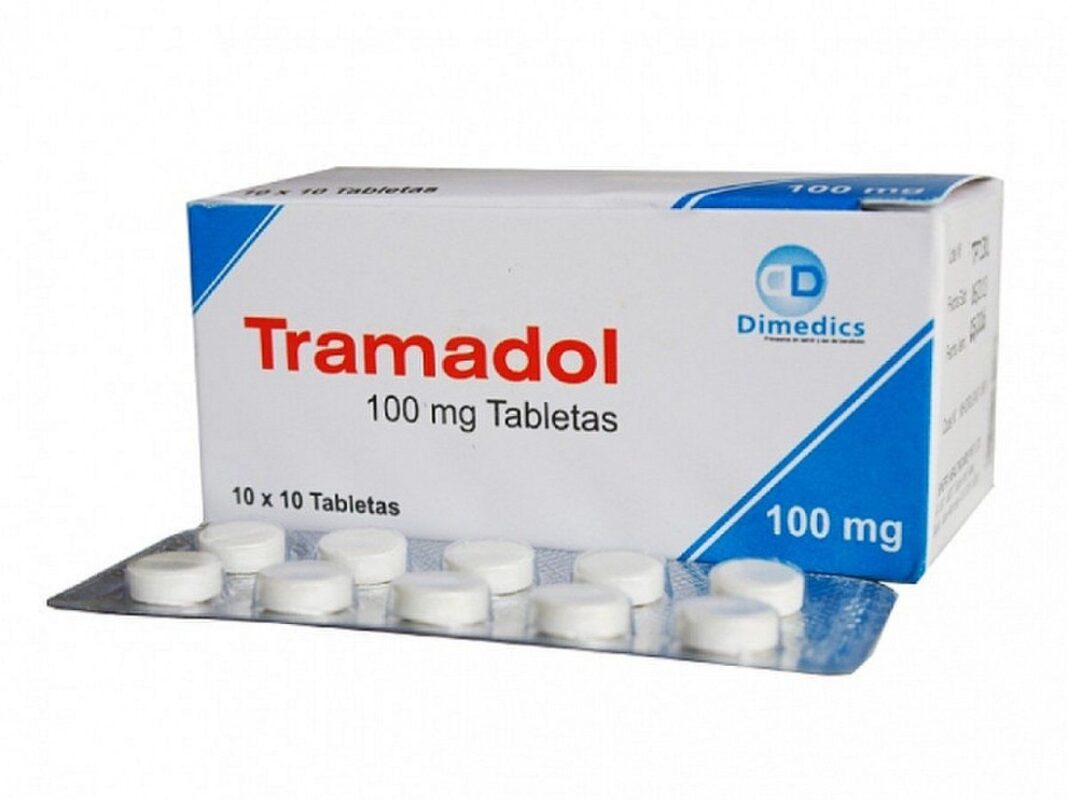Uncategorized
Understanding Cap Tramadol 100mg: Uses, Dosage, and Precautions
Cap Tramadol 100mg, Cap tramadol 100mg is a commonly prescribed medication used to alleviate moderate to severe pain. As a potent analgesic, tramadol works by altering how the brain perceives pain signals. In this blog post, we’ll explore the uses, dosage guidelines, potential side effects, and important precautions associated with cap tramadol 100mg.
What is Cap Tramadol?
Cap tramadol 100mg refers to the capsule form of tramadol, which is available in various dosages. The 100mg capsule is typically prescribed when a patient requires a stronger pain relief option, particularly after surgery or for chronic pain conditions. It is crucial to follow a healthcare provider’s guidance when using this medication to ensure its effectiveness and safety.
Uses of Cap Tramadol
Cap tramadol 100mg is primarily used for:
- Pain Management: It is effective for treating various types of pain, including post-operative pain, chronic pain from conditions like arthritis, and pain resulting from injury or trauma.
- Fibromyalgia and Neuropathic Pain: Tramadol is often prescribed for conditions like fibromyalgia, where patients experience widespread pain, and for certain types of neuropathic pain, which originates from nerve damage.
Dosage Guidelines
The usual starting dosage for cap tramadol 100mg is typically one capsule taken every 4 to 6 hours as needed for pain relief. However, the total daily dosage should not exceed 400mg. It is important to follow your healthcare provider’s instructions regarding the frequency and dosage that best suits your condition.
- Starting Dose: 50mg to 100mg every 4 to 6 hours as needed.
- Maximum Dose: Do not exceed 400mg per day.
Note: Dosage adjustments may be necessary for elderly patients or those with kidney or liver impairments. Always consult your healthcare provider for personalized dosing recommendations.
Potential Side Effects
Like all medications, cap tramadol 100mg can cause side effects. Some common side effects include:
- Dizziness
- Nausea
- Constipation
- Drowsiness
- Headache
More severe side effects can occur, such as:
- Seizures
- Respiratory depression
- Serotonin syndrome (if taken with other serotonergic medications)
If you experience any severe or concerning side effects, seek medical attention immediately.
Precautions and Considerations
Before taking cap tramadol 100mg, consider the following precautions:
- Medical History: Inform your doctor about any history of substance abuse, seizures, or respiratory issues, as these conditions may increase the risk of complications.
- Drug Interactions: Tramadol can interact with various medications, including antidepressants, sedatives, and other pain medications. Always disclose all medications you are currently taking to your healthcare provider.
- Pregnancy and Breastfeeding: If you are pregnant, planning to become pregnant, or breastfeeding, consult your healthcare provider to discuss the potential risks and benefits of taking tramadol.
- Avoid Alcohol: Consuming alcohol while taking tramadol can increase the risk of serious side effects, including respiratory depression.
Conclusion
Cap tramadol 100mg is an effective option for managing moderate to severe pain when used appropriately. Understanding its uses, dosage guidelines, and potential side effects is crucial for ensuring safe and effective treatment. Always consult your healthcare provider for personalized advice and follow their recommendations closely. With proper use and supervision, cap tramadol can significantly improve your quality of life by effectively managing pain.


facebook ad accounts for sale buy facebook ad account